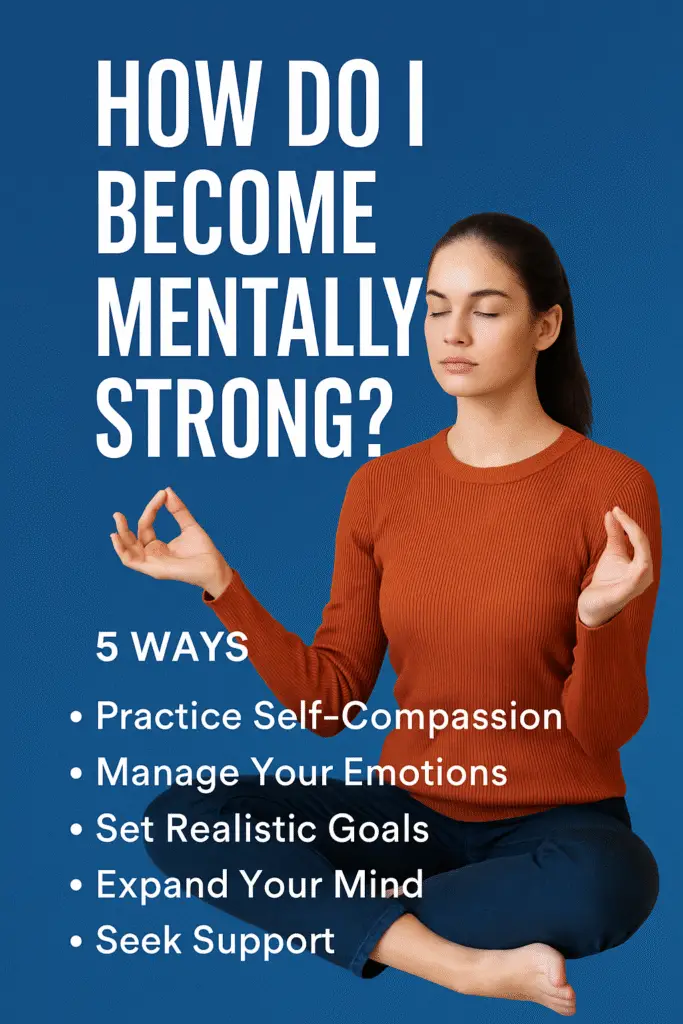Healthy Eating Habits That Transform Your Life
Introduction: From Common Knowledge to Life-Changing Choices We all know the basics of eating right: fruits, vegetables, and avoiding junk. But what if these choices did more than just fill your plate? What if healthy eating habits could truly transform your entire life? Most people start with diets, hoping for quick fixes. But as we’ve explored in how to start a weight loss journey the right way, it’s not about quick solutions. It’s about long-term commitment to healthy eating habits. This post explores how healthy eating habits become a foundation for mental clarity, physical energy, emotional stability, and longevity. And we’ll show you practical ways to make them a seamless part of your daily life. The Power of Healthy Eating Habits Why Habits Matter More Than Occasional Diets Healthy eating habits are not just about what you eat occasionally. It’s about what you do consistently. Diets come and go. Habits, however, shape your life. The real transformation happens when healthy eating becomes automatic, not a struggle. Your health is the sum of small choices you make every day. Linking Food to Energy and Vitality Think about the last time you felt tired mid-day. Your body might have been begging for nutrients. Foods rich in fiber, protein, and healthy fats can boost your energy naturally. No sugar crashes. A sustainable diet, full of these elements, powers you through your day. Check out these easy wellness hacks for quick, energizing routines. Building the Foundation: Essential Healthy Eating Habits 1. Start with Whole Foods Whole foods are unprocessed and retain their natural nutrients. Think fruits, vegetables, grains, legumes. They are the cornerstone of healthy eating habits. They reduce inflammation, regulate blood sugar, and improve gut health. Start replacing packaged snacks with whole food options today. 2. Plan Your Meals Ahead When you’re hungry and unprepared, fast food is tempting. Meal planning solves this. Prepare meals weekly. Use Sundays for batch cooking. Planning ensures you stick to healthy eating habits and avoid impulsive decisions. Include immune-boosting ingredients like those listed here. 3. Hydrate Before You Eat Water aids digestion and prevents overeating. Most people confuse thirst with hunger. Start your meals with a glass of water. It’s a simple healthy eating habit. Proper hydration supports metabolism and organ function. More tips in our post on hydration importance. 4. Practice Mindful Eating Eating slowly allows your brain to register fullness. This prevents overeating. Put away screens and focus on your food. Enjoying your meals fully leads to better digestion and satisfaction. Mindful eating is a core part of healthy eating habits. 5. Balance Macronutrients Each meal should contain protein, fats, and carbohydrates. Balance prevents cravings. Too many carbs without protein leads to energy crashes. Aim for natural sources: avocado, beans, eggs, whole grains. Learn how to boost metabolism naturally. Eating for Mental and Emotional Health How Food Affects the Brain Your brain uses nutrients to regulate mood and cognition. Healthy eating habits reduce anxiety, depression, and brain fog. Omega-3s, B vitamins, and antioxidants play a huge role. Learn how meditation and mental health connect with nutrition. Gut Health and Mood Connection Your gut is home to trillions of bacteria. These microbes influence your brain. A diet rich in fermented foods and fiber supports gut health. Poor gut health often leads to mood swings and fatigue. Nourish your microbiome to build strong healthy eating habits. Transforming Lifestyle Through Healthy Eating Habits 1. Weight Management Becomes Easier Weight loss is often a byproduct of healthy eating habits, not the goal. Eating whole, nutrient-dense foods keeps you full longer. This leads to natural calorie control without obsessing over numbers. Home workouts like these best exercises for weight loss pair well with diet. 2. Disease Prevention Through Diet Chronic diseases like diabetes, heart issues, and obesity stem from poor nutrition. Whole foods reduce inflammation and insulin resistance. Healthy eating habits strengthen your immune system. Consider adding natural cold remedies to your routine. 3. Sleep Quality Improves Sleep and diet are deeply connected. Sugary, heavy meals disrupt sleep cycles. Nutrients like magnesium, tryptophan, and melatonin-rich foods promote rest. Establish evening eating rituals for better sleep. Try these natural sleep tips. 4. More Confidence and Self-Control Healthy eating habits build discipline. Discipline builds confidence. Each small win reinforces your self-worth. This spills into other areas of life: work, relationships, fitness. Check out sustainable fitness routines. Integrating Healthy Eating Habits Into a Busy Life Healthy Doesn’t Mean Complicated Even the busiest schedules can accommodate healthy eating habits. Use quick recipes and prep shortcuts to stay on track. Busy lifestyle? These healthy eating tips are for you. Smart Snacking on the Go Snacks can either derail or reinforce your healthy eating habits. Choose nuts, fruits, protein bars, or hummus over processed options. Portable nutrition helps you stay full and focused. Consistency is key. Eating Out the Healthy Way Dining out doesn’t mean giving up. Make smarter menu choices. Choose grilled over fried. Ask for dressings on the side. Restaurants often accommodate custom orders. Practice awareness and portion control. Healthy Eating Habits for Families Teaching Kids Early Children mirror what you do. Be a healthy example. Introduce fruits and veggies early on. Make meals colorful, fun, and engaging. Use brain-boosting foods like in this pregnancy nutrition guide. Family Meal Rituals Eating together fosters connection and encourages healthy eating habits. It’s a chance to teach nutrition values naturally. Turn off screens and make it a time of bonding. Small traditions make a big impact. Staying Motivated Long-Term Track Progress, Not Perfection Don’t aim for perfect. Aim for progress. Healthy eating habits evolve with time. Track how you feel, not just what you weigh. Your energy and mood are better health indicators. Celebrate Small Wins Reward yourself for consistency. Tried a new veggie? Stayed hydrated all week? That’s a win. Positive reinforcement keeps you engaged. Check out 27 life hacks for more success strategies. Conclusion: Your New Lifestyle Starts Now You already know that food matters. Now you know that consistent healthy eating habits change




